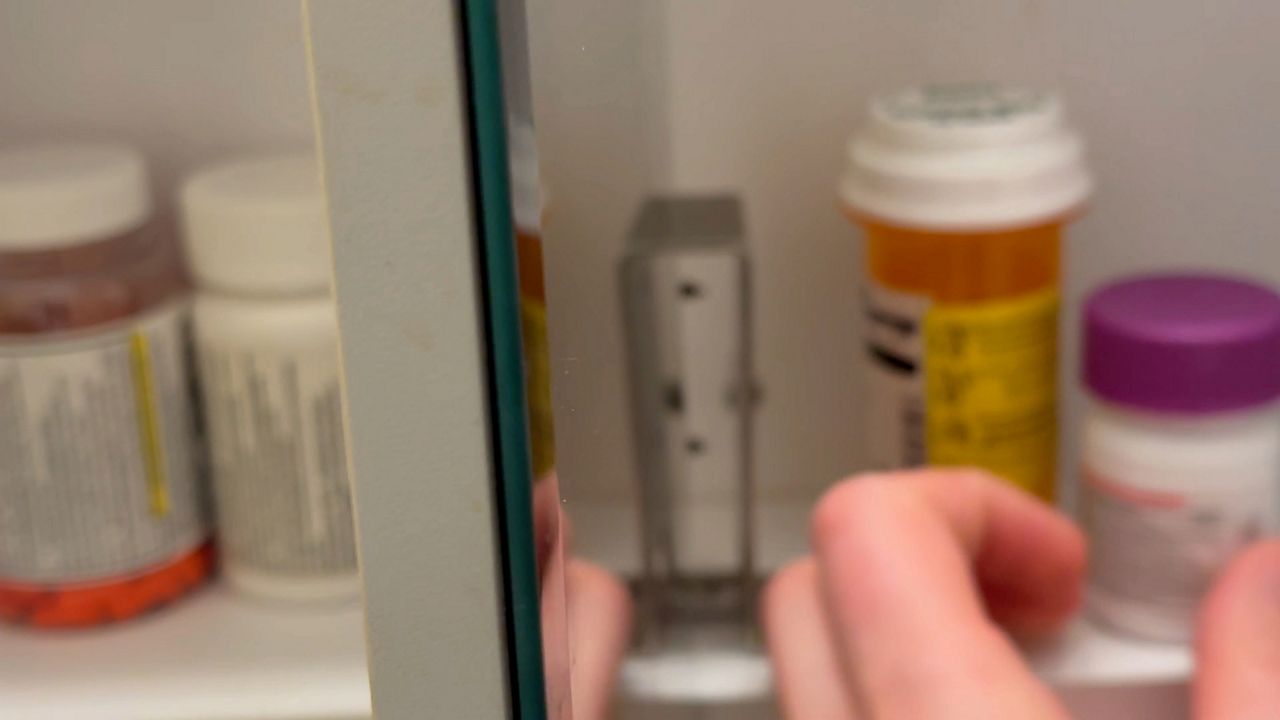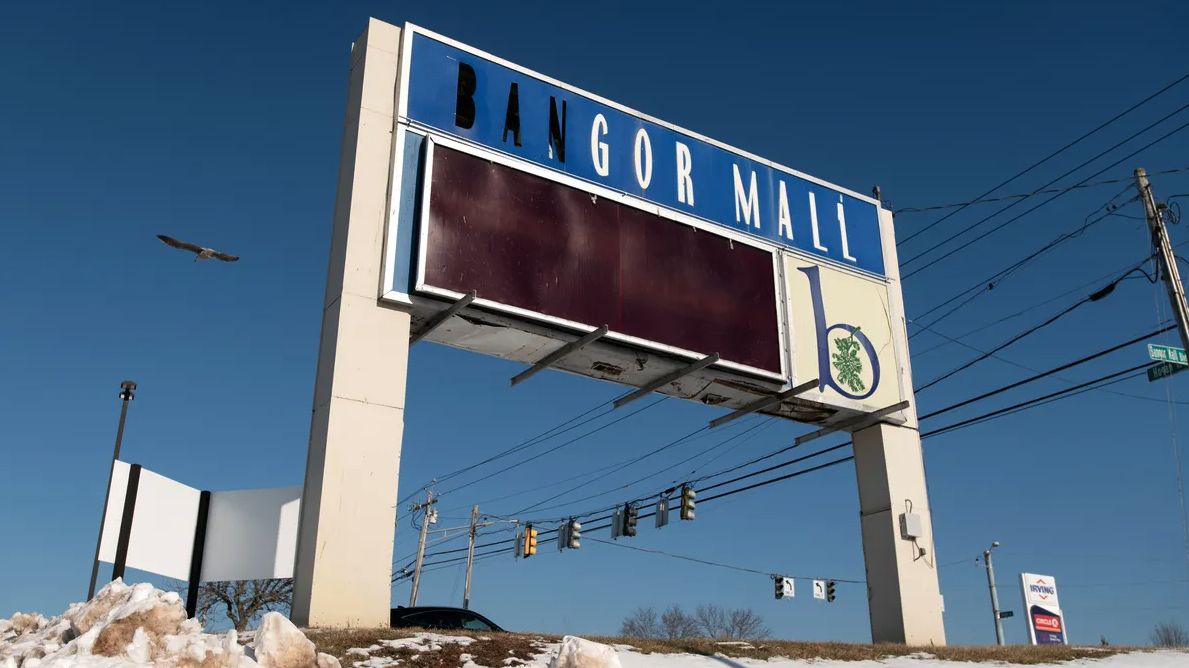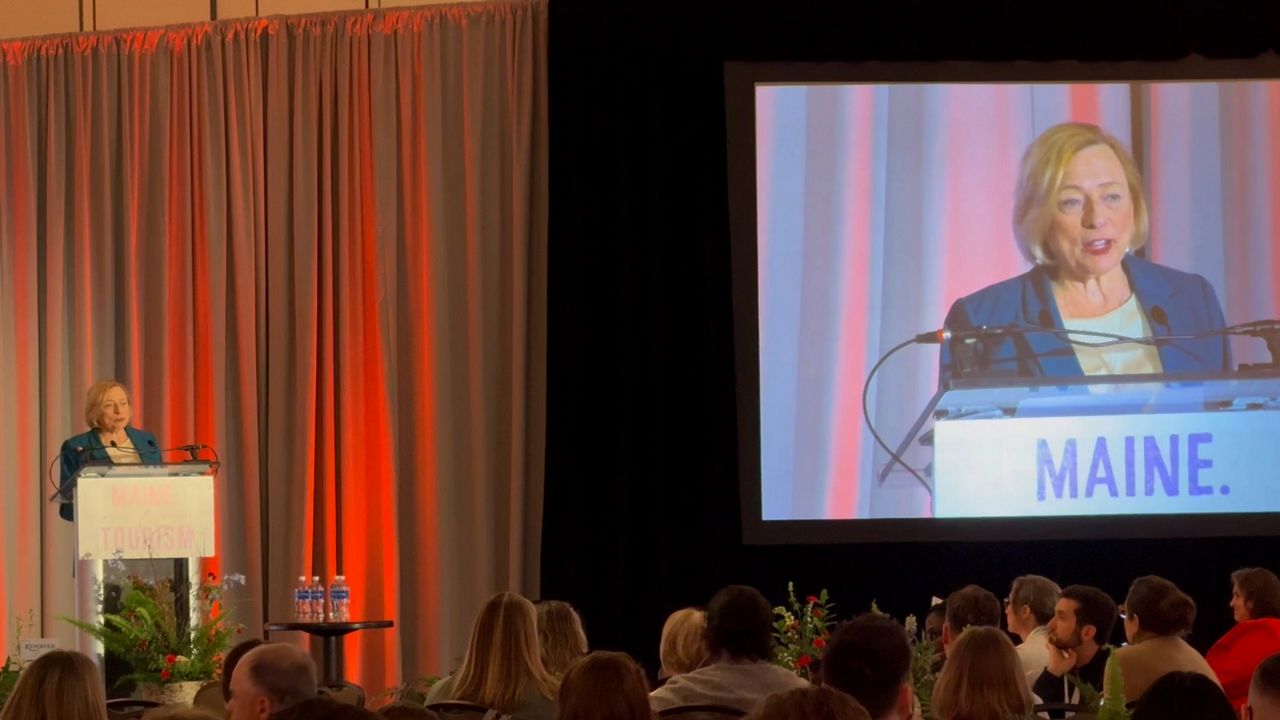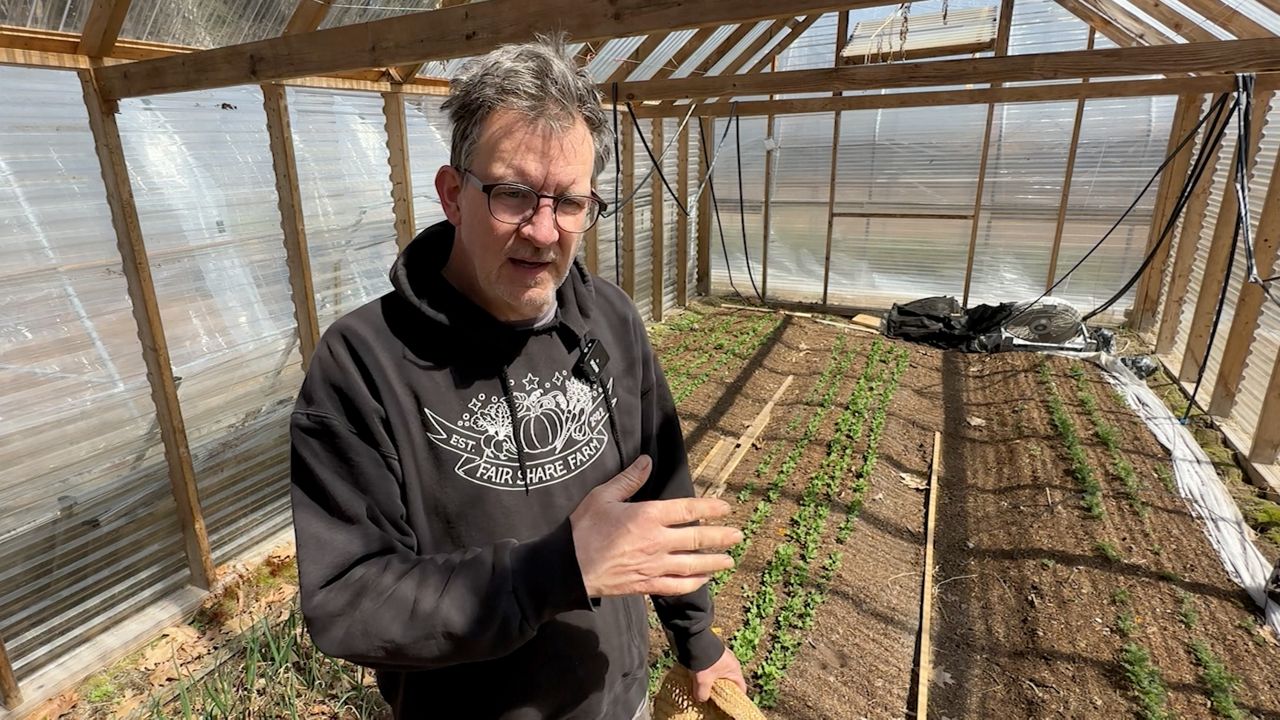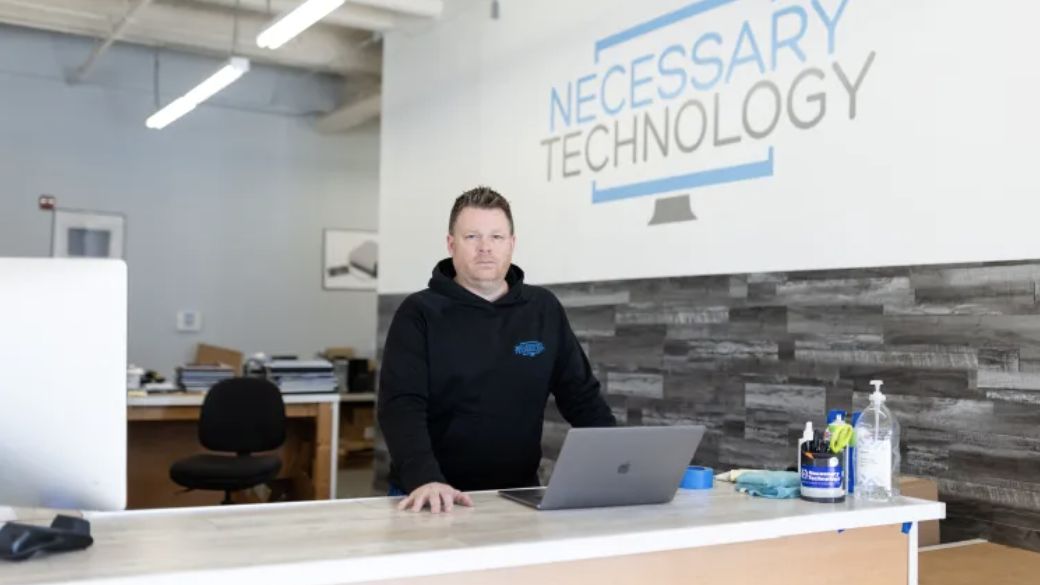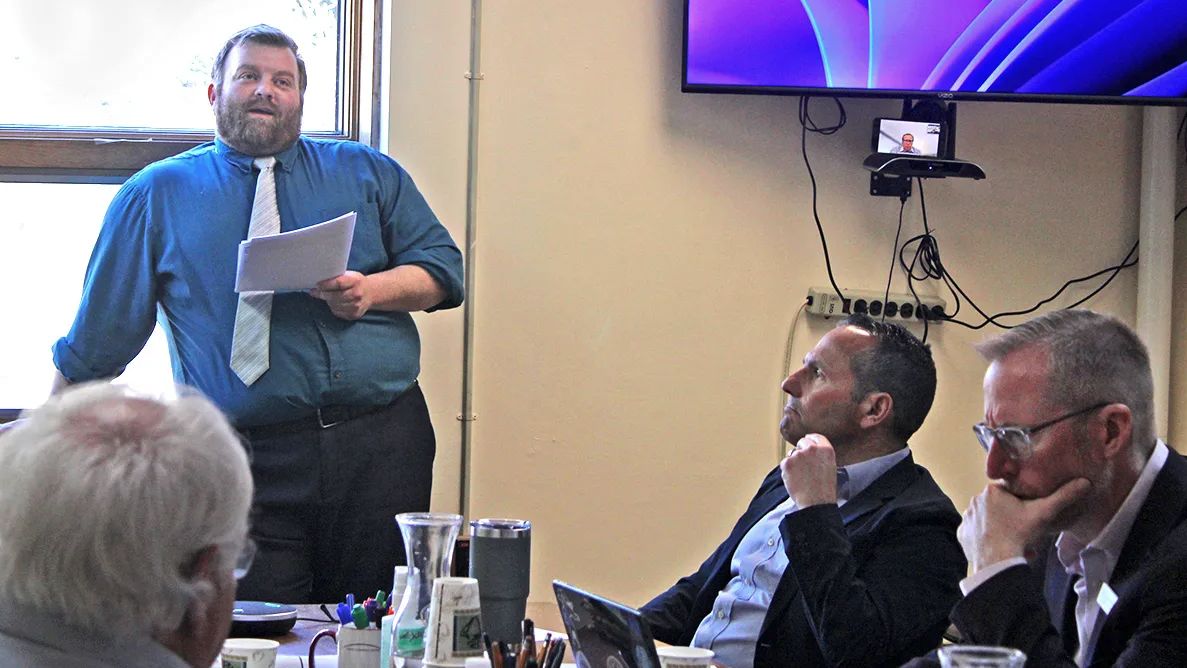JAY — After more than 100 years in business, Wilson’s Drug Store in Bath announced it would be closing its doors.
“I think of my time at Wilson’s so fondly,” employee Maryellen Spear wrote in a Facebook post announcing the closure. “The people that I have met from all corners of the area and from the world have enriched me, brightened my day and brought to me more than I sent across the counter to them.”
Steve Maki, pharmacist and owner of Spruce Mountain Pharmacy in Jay, said many independent pharmacies are struggling to survive because pharmacy benefit managers — who act as intermediaries between the drug stores and the pharmaceutical companies — have driven up costs.
“We are seeing dramatic declines in the last five, 10 years. Especially on the Medicare side with Pharmacy Benefit Managers,” said Maki. “We’ve seen the fees getting paid back to pharmacy benefit managers go from single digits — 2% to 4% — to some are now approaching 12% on their recoupment and minimizing the reimbursement to pharmacies.”
Maki said it's vital that independent pharmacies are given the support to thrive because of the level of care they provide.
“To some people, a pharmacy is nothing more than the white coat behind the box throwing 30, 60, 90 pills in a bottle and they’re on their way,” said Maki. “But that’s not pharmaceutical care, and the independents have really focused over the years on ‘how do we provide the best pharmaceutical care for our patients?’”
Pharmacy closures have led to “pharmacy deserts” in rural areas of Maine, leading customers to drive longer distances to fill their prescriptions.
A recent study by GoodRx found that 45% of U.S. counties are pharmacy deserts.
For this problem to be fixed, Maki said the reimbursement model for pharmacies needs to change.
“The pharmacy middlemen, the pharmacy benefit managers, they are creating a lot of stress and a lot of strain on the pharmacies,” said Maki. “The reimbursement model that we currently have in the world of pharmacy is not going to be sustainable, there have to be changes.”
However, he also said there are other issues facing the industry at large, including staffing shortages.
“We’ve seen a lot of dynamic changes in the landscape of pharmacy [and] in the pharmacy profession itself, but certainly there is a lot more downward pressure on independent pharmacies just to survive. Not just thrive, but to actually survive,” said Maki. “And that’s [due to] a whole host of effects, anything from staffing shortages to [COVID-19], increases in energy, you name it.”
Maki said his business is on the “edge” of a pharmacy desert, so customers in his area still have options when it comes to filling their prescriptions. But it doesn’t take long before they find themselves in a pharmacy desert in Western Maine.
“We have a variety of choices on big box stores, regional grocery, and independent pharmacies if a customer wanted to have their choice,” said Maki. “But it doesn’t take long before you’re driving 30, 40, 45 minutes, an hour and you’re in a pharmacy desert. It makes it very tough, especially for a patient with an acute need.”
Maki said Spruce Mountain Pharmacy has had to adapt to financial challenges by adding to the services they offer.
“We now have a system in place that is allowing us to package their medications for them and provide that service so they can continue to stay at home or under the guide of a caregiver to be able to manage their own medications without having 15 pill bottles in front of them,” said Maki. “We offer veterinarian compounding services here and we also offer human compounding services, which is when we go into the compounding lab, under a doctor’s direction, and make specific medications for specific purposes on medication that’s not commercially available for patients.”
In a report released last year, the Federal Trade Commission said pharmacy benefit managers are “inflating drug costs and squeezing main street pharmacies.”
The Pharmaceutical Care Management Association, the group representing pharmacy benefit managers, provided Spectrum News with the following statement:
“We understand that pharmacy closures unfortunately happen, but it must be recognized that over the last decade the number of independent retail pharmacies nationwide increased by nearly six percent. In contrast, the number of retail chain pharmacies has decreased by around 10 percent,” said Greg Lopes, vice president of public affairs and communications for the Pharmaceutical Care Management Association. “Blaming PBMs for pharmacy closures is not based on facts. PBMs recognize the vital role pharmacies play in creating access to prescription drugs for patients and are supporting community pharmacies in rural areas through programs that increase reimbursements.”
Maki said independent pharmacies are an essential aspect of a community.
“Local independent pharmacies have shown that we are resilient,” said Maki. “Over the years, we’re community vested, we’re community focused we’re community centered.”





